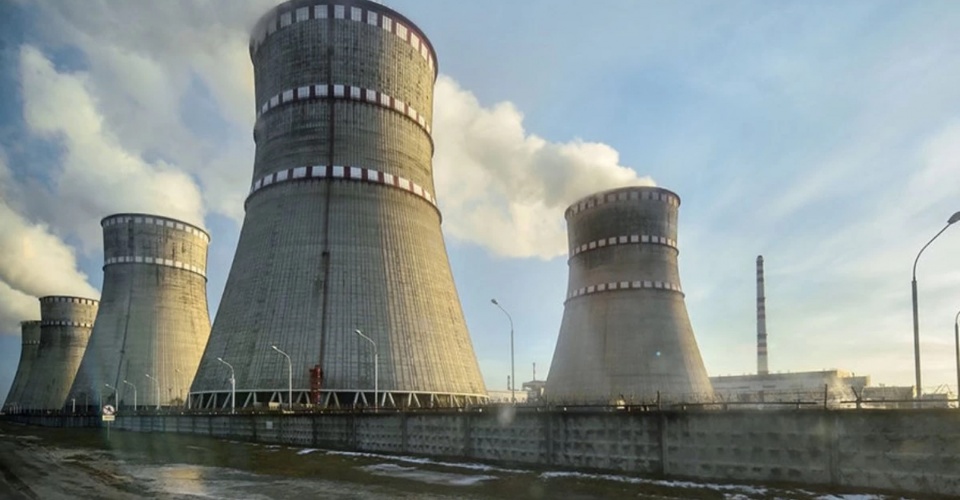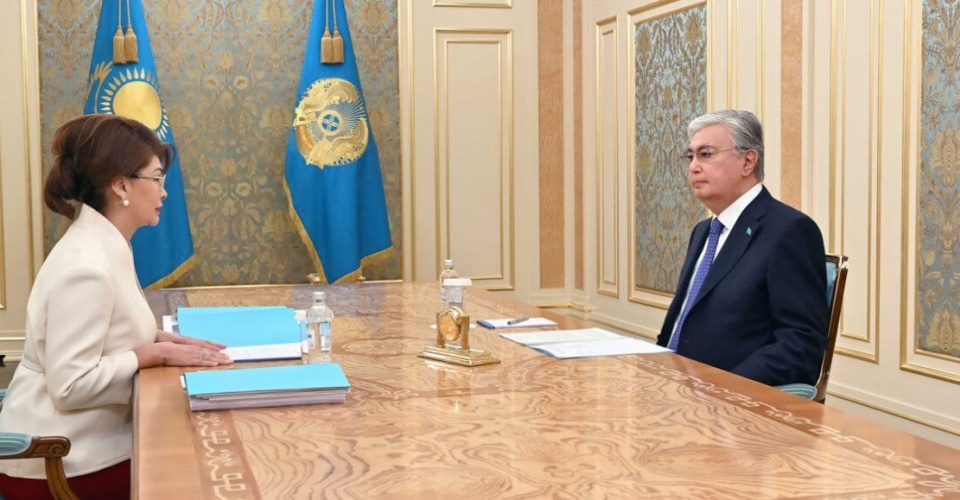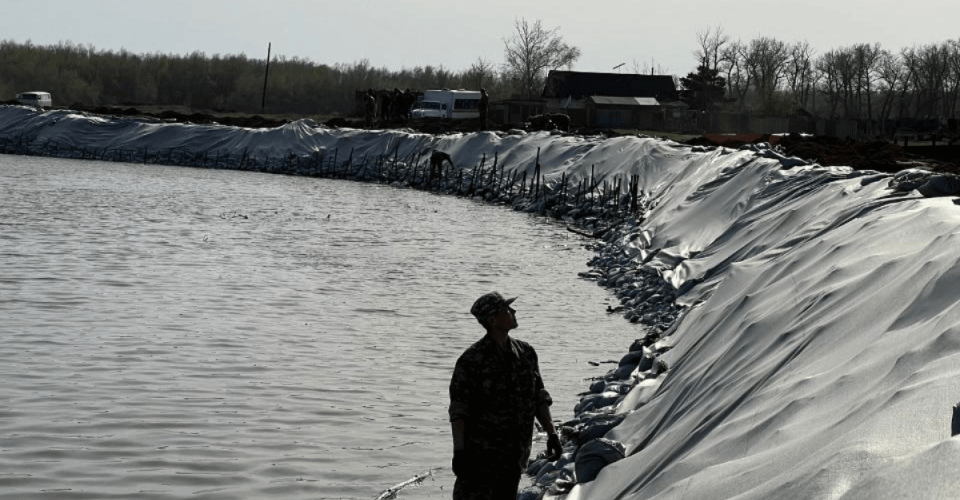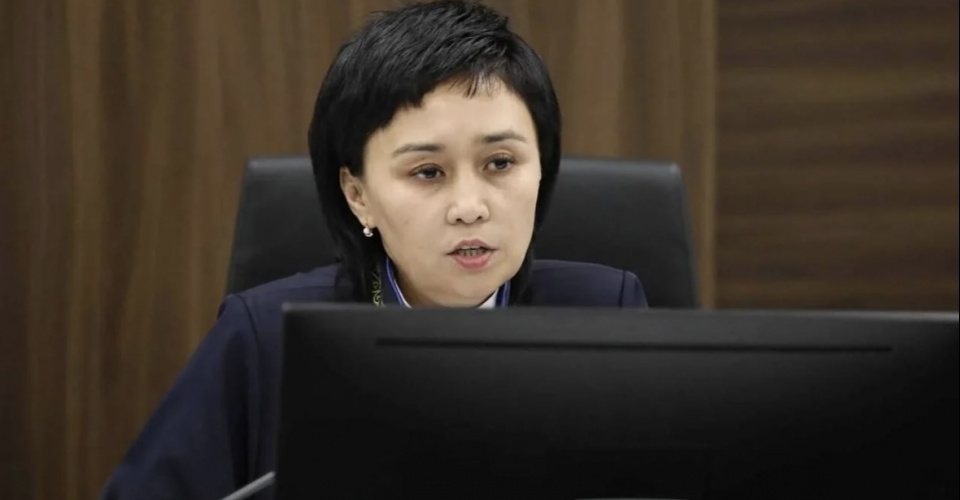Currently, energy security is crucial for all states. Energy independence is essential since it relieves the state of having to rely on other nations for its energy needs. Stable growth improves the economy because it ensures that there is adequate money for investment, which is a critical component of energy security. Access to energy sources helps a country protect itself. Additionally, it contributes to social programs like infrastructure improvement and educational endeavors.
According to G. Morgenthau, addressing security issues should be the main focus of every state’s foreign policy, and the main tool for doing so is a state’s military strength. On the basis of this premise, he comes to the conclusion that improving one state’s military strength and security always leads to a worsening of the security of other states. State cooperation then begins as a means of security protection.
Furthermore, G. Morgenthau emphasizes that in order for national security to exist, the nation’s territory must be assumed to be intact, and its institutions must be presumed to be inviolable. National security is the bare minimum that diplomacy must protect.
Energy now has more sway over not only the world economy and geopolitics, but also the entire system of international relations, thanks to the global energy complex’s rapid rise.
Kazakhstan’s energy resources and efforts to diversify its income have recently aided in the country’s development. The country has taken important steps to support these initiatives following multi-vector foreign policy that involves collaboration with other countries. This strategy contributes to the nation’s ability to maintain its independence as well as the stability of its relations with powerful nations. If Kazakhstan safety had not been ensured and its relations with other nations had not remained stable, these developments would not have been feasible.
When Russia annexed Crimea in 2014, Kazakhstan kept friendly relations with Russia while preserving its independence in international affairs.
Despite being sandwiched between China and Russia, the country has had success in its interactions with other countries in the region. It has built a reputation for diplomatic expertise and kept its independence for the previous thirty years.
Without the combined efforts of all players in the international community, regional and global energy security issues cannot be solved.
The United Nations, the World Trade Organization, the Commonwealth of Independent States, the Shanghai Cooperation Organization, the Eurasian Economic Union, the Collective Security Treaty Organization, the Organization for Security and Cooperation in Europe, and the Organization of Islamic Cooperation are just a few of the international organizations that Kazakhstan is a part of. Involvement with extraregional partners and organizations is one of the ambitious global agendas that these organizations support for Kazakhstan.
The President Qasym-Jomart Kemeluly Toqayev emphasizes the necessity of preserving the health of his military personnel and, more broadly, the state’s battle readiness, given that Kazakhstan is a leader in many significant sectors in Central Asia, including the responsibility to uphold regional security. He urges the expansion of cooperation both within the region and with those who show good will toward the governments of the region, emphasizing in particular the need to take into account the existence of the interests of Russia, China, and other countries.
Politically, state sovereignty has been bolstered, Central Asian nations have earned recognition internationally, and mechanisms for coordinating actions against destabilization hotspots along the Afghan border have been established. Each country in the region is aware of how crucial it is to develop its own geopolitics.
Cooperation in the growth of transportation communications is essential for the governments of Central Asia. The development of transport infrastructure that connects ASEAN with Europe via Central Asia will help the growth of trade and the long-term economic development of the Central Asian republics.
The European Union has been working closely with the Central Asian nations since 2007, when it introduced the “New Partnership” strategy, on the theory that cooperation between the EU and Central Asia may be benefitial to both parties. Since then, the EU has increased the amount of financial and technical assistance it offers to Central Asia, and in 2019, a new strategy entitled “The European Union and Central Asia” based on the C5 + 1 model was introduced.
Different Central Asian nations collaborate in the C5 + 1 format to strengthen their bonds and develop their economies. Security and environmental preservation are among topics covered at these sessions.
Korea, Japan, Russia, and the USA all use comparable forms.
In Central Asia, where there are rich energy resources, it is crucial to keep in mind that there are other nations with economic interests than the Western industrialized nations. Geographically situated in the center of Eurasia, it raises the issue of the region’s oil and gas supply, escalating tensions between local nations and powerful economies with vested interests in the area. The countries who control the pipelines will therefore have authority over the transit states in the area.
According to Matthew Bryza, a former US ambassador to Azerbaijan and former participant in the development of US strategy in Central Asia, the recent meeting could have important consequences. The two nations have agreed to transport Turkmenistan's natural gas to Azerbaijan over the Caspian Sea, according to Bryza. In addition, he points out that Turkmen gas can travel from Azerbaijan to Europe via Turkiye.
Kazakhstan is the country with the highest oil reserves in the Caspian Sea. Subsequently, there are large natural gas deposits in the West of the country. In the past 30 years, Kazakhstan has made significant strides toward strengthening its energy relations with the Russian Federation, China, and the European Union. Oil from Kazakhstan is shipped to nations including the Netherlands, Italy, France, Austria, and others. The continuation of the bilateral relationship and the increase of oil shipments to EU countries are both crucial for the Kazakh side.
Two expanding markets for Caspian oil are the West and China. China is one of them and is a major importer of gas from the Caspian Sea. Because they have more resources and are more proactive, Chinese oil companies are better equipped than Russian ones to find oil and gas in the Caspian region. Also, China produced more oil and gas prior to Western sanctions, Russia was losing ground to China in the global energy market.
Since the collapse of the Soviet Union, Asian governments have become more powerful. China has a major interest in the oil resources of Central Asia as well, particularly those in the Caspian Sea. The development of economic links with Kazakhstan and other nations in the region is one of the main pillars of China’s foreign policy. Various tasks related to this topic have been defined by Chinese officials in this regard.
By agreeing to a strategic partnership in 2009, Kazakhstan and Turkiye strengthened the legal framework for their cooperation. Protocols and agreements related to commerce and energy are frequently formed. Two examples of cooperation in the energy industry are the construction of the Baku-Tbilisi-Ceyhan gas pipeline and the Trans-Caspian transport route, which would connect it with Kazakhstan’s oil market. The “High-Level Strategic Cooperation Council” between the two nations met for the first time in 2012. N. Nazarbayev’s aim was to have Turkiye preside over the conference “Cooperation in Asia and measures to promote security” from 2010 to 2014. The “New Synergy” economic program, which comprises of 26 investment projects worth a combined $900 billion, was adopted in 2012.
Presently, International communities pay closer attention to the Caspian region. All interested parties, regional and extra-regional, try to obtain levers of influence over the evolution of the geopolitical situation in order to achieve their own goals.
In this regard, the Organization of Turkic States (OTS), established in 2022 can play an important role in maintaining the global energy security.
There are five members in the OTS, including Azerbaijan, Kazakhstan, Kyrgyzstan, Uzbekistan and Turkiye. Hungary and Turkmenistan are observer states in the organization. The OSCE, the UN, the Organization of Islamic Cooperation, the OSCE, the Economic Cooperation Organization, and other international organizations are among those with which the OTS works in collaboration.
Initially, the OTS was known as the Turkic Council and/or the Cooperation Council of Turkic Speaking States, founded in accordance with an agreement at the summit in Nakhichevan in 2009.
According to Nursultan Nazarbayev, the first president of Kazakhstan and the Honorary Chairman of the CCTS, the Turkic world has begun to truly revive in the 21st century, and that there has been a rapprochement between the states and peoples that make up this globe, and that it is important to comprehend the significance and necessity of these processes. At the same time, he stated that the nations of the “Turkic family” are open to and interested in strong, stable, and mutually beneficial relationships with all of their neighbors on the enormous continent of Eurasia. The Organization of Turkic States also seeks to cooperate globally with all nations and international organizations.
In his turn, Qasym-Jomart Toqayev notes that Turkic Council gains more power and influence. The organization is receiving a lot of interest from outside. The President of Kazakhstan stated that it is crucial for all of us to utilize the geopolitical potential of the Turkic world. Also, he proposes to develop the use of renewable energy sources.
Approximately 1.4% of the world’s GDP, or approximately 4.5 trillion USD according to PPP (3% of the world's population) are generated in gross domestic product by more than 175 million citizens of the member states, which are significant numbers allocating the OTS in the leading position the world.
During the conference of the OTS, Turkiye’s president Erdogan stated that “Turkic states have become a key player in Europe’s energy security thanks to the southern gas corridor, the backbone of which is TANAP.”
Today, Turkic World is demonstrating solidarity in addressing critical issues. One of the best examples of the cooperation can be the interaction of the OTS members during the devastating earthquake in Turkiye. During his opening remarks to the OTS Council of Foreign Ministers meeting in the OTS's capital city of Ankara, Cavusoglu stated, “You have demonstrated the best example of solidarity diplomacy.”
Geographically the OTS countries are well-positioned, situating in the regions of Caspian, Black and Mediterranean seas and Central Asia, on the major energy transporting routes and becoming the crucial player in the European energy security. Ilham Aliyev, president of Azerbaijan, points out that “Everyone will gain if we make this organization an even more significant global role, in my opinion. We have a large geographical area, certain nations have abundant natural resources, especially energy resources, and some nations have tremendous military capability. If we combine all of these factors, we will undoubtedly see a significant participant on a global scale. The organization has the potential to—and, in my opinion—should—become one of the world’s power centers, the head of state said.
Deputy Assistant Secretary of State overseeing policy for Southern Europe and the Caucasus Olson also emphasizes the significance of “the collaboration of Turkic states was important against trials like security, global energy and food safety” and stresses “While the U.S. is not a member of the organization, it has a lot to accomplish with it as a partner.” He also said that “There are many targets of common interest.”
Kazakhstan continued to pursue both its domestic political strategy and its foreign policy, as Qassym-Jomart Toqayev made abundantly clear from the start of his presidency. By pursuing the early effectiveness of constructive, multi-vector, and balanced diplomacy, our nation continues to work to enhance the favorable dynamics of contact with selected foreign policy players and other countries.
Increased international recognition of Kazakhstan’s national sovereignty is a goal of the government’s foreign policy, as is cooperation with other countries to alter the sociopolitical and economic landscape of the country.
The standard for the future development of the Organization of Turkic States is the European Union, an integrating bloc with the maximum amount of political and economic regulatory powers devolved to the supranational level.
Adilbek Ishanbekuly




















